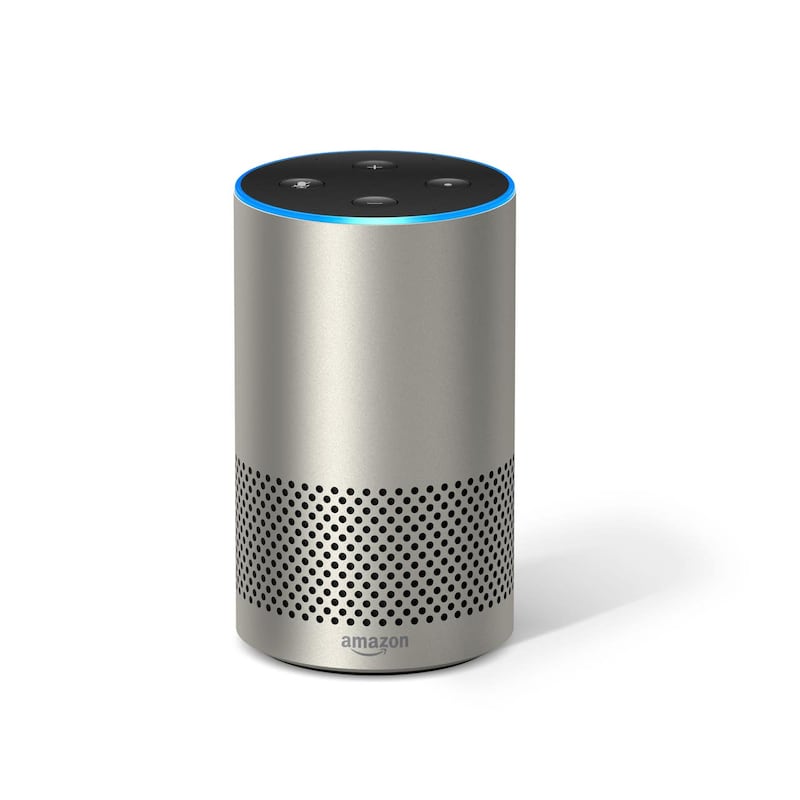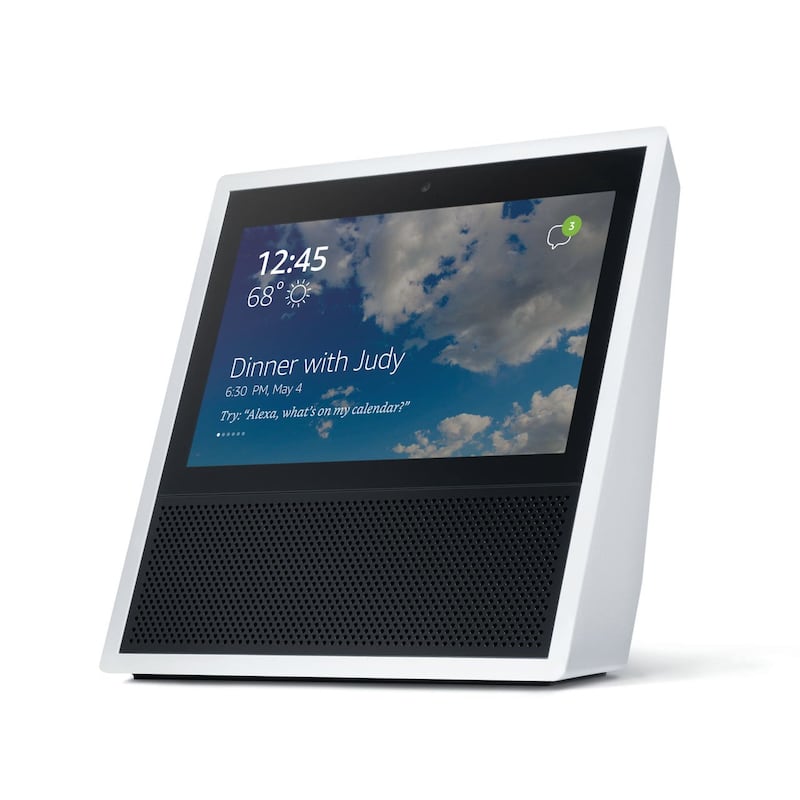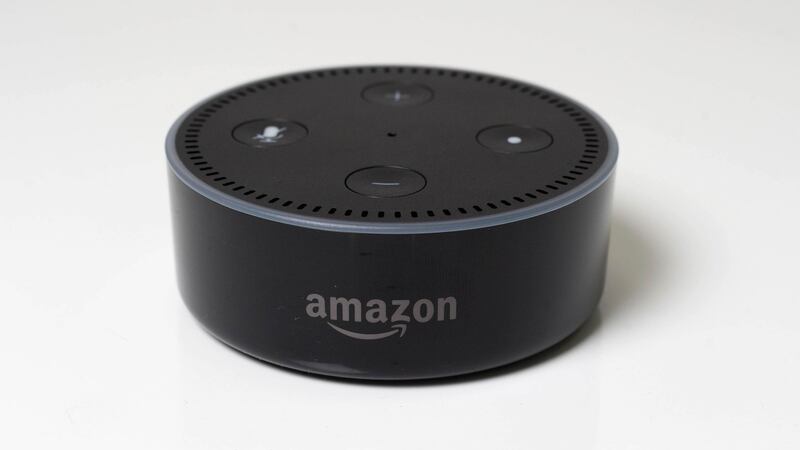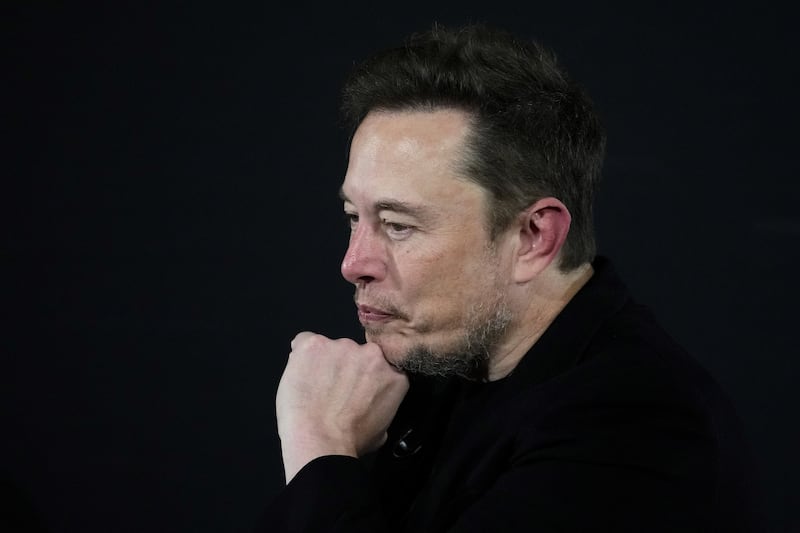The future of Amazon’s Alexa will see the virtual assistant break free of smart speakers and be all around the home, Amazon’s smart home boss has said.
The voice-activated virtual assistant is currently found inside the firm’s Echo range of smart speakers and some third-party devices, responding to voice commands to play music and queries.
But Daniel Rausch, vice president of Amazon’s smart home business, said he believes in years to come the line between appliances and the home in which they sit will disappear.
“I don’t think customers will have to think at some point in the near future about what device they’re speaking to,” he told the Press Association.

“I think it’ll be as simple walking into the home and starting to have Alexa inter-operate with the world around you, whether that’s frankly through voice and saying ‘Alexa, I’m home’, or whether its through just her sensing that you’re home and ready to go.”
Mr Rausch is at the IFA technology show in Berlin this week, where Alexa is part of “over 50 product announcements”, a figure he said highlights how rapidly smart home devices are growing in popularity.
Recent YouGov research found almost a quarter of Britons (23%) now own a smart device for the home.
“Three years after we launched our first Echo product – through to the end of last year – we reached 4,000 Alexa compatible products,” he said.
“And then just in the last nine months that number has quintupled. So now we’re at more than 20,000 Alexa compatible products.
“Obviously that’s powered by customers, so customers where they were starting with something like a plug or a light bulb, now they’re stretching out those use cases to say a Ring camera at the front door and an Echo Show in the kitchen so they can see who’s at the door.
“You’re seeing them extend to smart control of their living room – Fire TV or a TV that’s Alexa-powered, so we’re seeing it extend to all the edges of the home as well.”

Despite its growth, however, Alexa has not been without its issues – reports of unusual responses such as a random, chilling laugh and other bugs have been reported by users recently.
“It is something that we’re working on and I think some of the most important aspects of that are showing customers that at any time you can actually see right in your app that Alexa has woken up,” Mr Rausch said.
“You can, of course, delete any utterance in your app – transparency and putting customer’s in control is paramount in those situations and of course we’re just getting better and better all the time.”
He said the company was also constantly researching speech patterns to improve the assistant’s reactions.
“We spent a lot of time puzzling through how a customer will do something as simple as interact with a light bulb,” he said.
“There’s a legion of ways in fact, it’s not just as simple as turn on and turn off – there are all the ways you can make light dimmer, all the ways you could want to modulate the brightness that customers might talk about, so we have a very active user thesaurus to make sure we get it right to begin with and then of course Alexa in being artificially intelligent learns over time from customers.
“That’s just to get us started.”








